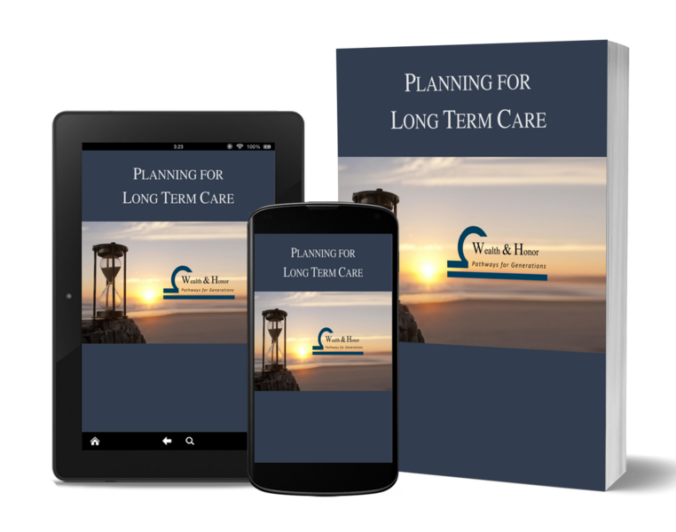In an insightful article published on KFFhealthnews.org by Judith Graham, titled “Negotiate with Resistant Aging Parents: Applying Business Strategies,” researchers at Northwestern University explore the application of negotiation and dispute resolution techniques from the business world to defuse conflicts arising from caregiving and financial decisions involving elderly parents. As we strive to provide the best care for our aging loved ones, this article sheds light on strategies to navigate complex situations while respecting their autonomy and dignity. The article delves into a training curriculum designed to help professionals and family caregivers approach caregiving as a collaborative effort and offers valuable insights for fostering productive conversations.
Reaching an impasse with aging parents in their late 80s who resist the idea of receiving home assistance can be frustrating. Negotiation and dispute resolution techniques commonly employed in the business world have shown potential for resolving such conflicts, according to a group of researchers at Northwestern University.
The team has developed a specialized training program focused on negotiation and dispute resolution. Aimed at social workers, care managers, and healthcare professionals working with resistant older adults, this curriculum encourages professionals to engage in collaborative caregiving approaches that honor the individual’s preferences, rather than imposing decisions.
Lee Lindquist, the chief of geriatrics at Northwestern University’s Feinberg School of Medicine, who leads this initiative, highlighted the prevalence of conflicts among older individuals and emphasized the program’s goal to de-escalate such situations, ensuring older adults receive the necessary support while maintaining their dignity.
A significant component of this project is the development of a computer-based training program for family caregivers dealing with mild cognitive impairment or early-stage dementia in their loved ones. Dubbed “NegotiAge,” this program employs avatars of older adults to simulate negotiation scenarios. Through practice, caregivers can refine their negotiation skills and techniques.
This project, funded by the National Institutes of Health with nearly $4 million, strives to make NegotiAge widely accessible after evaluating its effectiveness.
For family caregivers seeking to navigate conflicts with aging parents, the article outlines several proactive steps:
1. Prepare: Before entering negotiations, thorough preparation is vital. Jeanne Brett, a member of the NegotiAge team, suggests addressing fundamental questions, identifying issues, involved parties, their positions, motivations, and potential consequences if an agreement is not reached. Document your goals for the upcoming conversations.
2. Identify Common Interests: Finding common ground among the parties involved is key. Emphasize shared goals and interests, such as maintaining the older adult’s independence, safety, and social connections.
3. Ask Questions: Avoid making assumptions about the reasons behind a parent’s stance. Engage in open-ended discussions to understand their perspective. Show empathy and genuine concern.
4. Brainstorm Strategies: Emotions can run high during negotiations, particularly within family dynamics. Shift focus from conflicts to collaborative problem-solving. Encourage creative thinking and explore multiple potential solutions.
5. Third-Party Involvement: If resolution remains elusive, consider involving a neutral third party, like a mediator or healthcare professional. External input can provide a fresh perspective and facilitate productive discussions.
Applying these strategies can lead to more effective communication, allowing families to navigate challenging decisions while preserving relationships and respecting the autonomy and dignity of aging parents. As the Northwestern University research advances, caregivers and professionals alike stand to benefit from enhanced tools and approaches to address the complexities of eldercare.
To read the full article by Judith Graham on KFFhealthnews.org, visit: Negotiate with Resistant Aging Parents: Applying Business Strategies.






